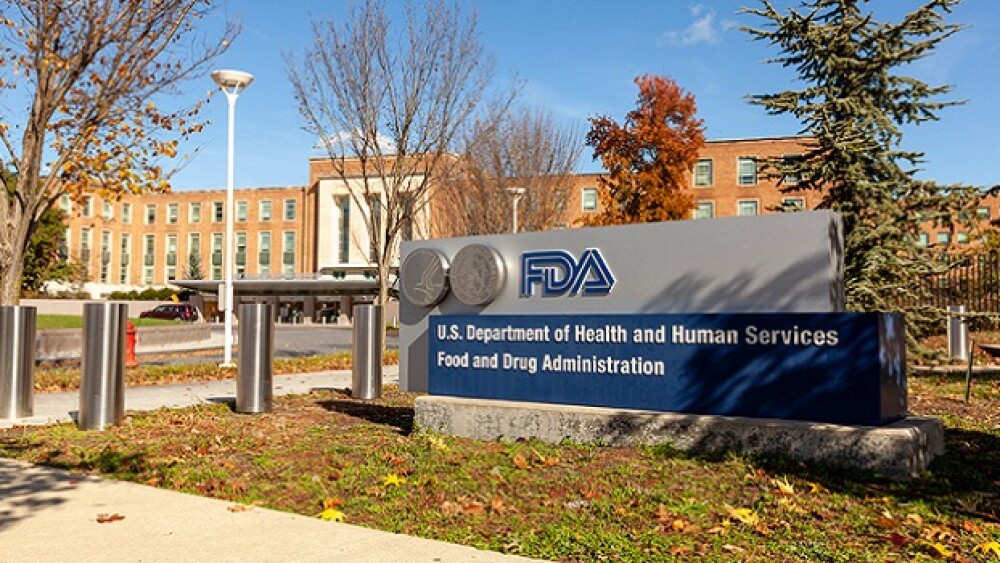Despite significant dips in its vaccines sales, the British pharma narrowly beat consensus estimates for Q4 2024 and raised 2031 sales projections to just over $50 billion.
GSK CEO Emma Walmsley said Wednesday that dealmaking will continue to be a core growth strategy for the pharma in 2025, with a particular eye toward cancer, respiratory and inflammatory indications.
“I’m absolute delighted with the strengthening of our pipeline and the balance sheet that is allowing us . . . to continue to invest” in business development, Walmsley said in a media call Wednesday. “We do expect both oncology and R&I—so, respiratory and inflammation—to be core areas of prioritization for us.”
Walmsley also pointed to GSK’s antibody-drug conjugate (ADC) portfolio, which she said presents the company with good dealmaking opportunities, especially with partners that complement its in-house development.
In these spaces, Walmsley highlighted the company’s recent acquisition of IDRx as an example of what the pharma is looking for in the coming year. Announced last month, the IDRx deal involved a $1 billion upfront payment from GSK—as well as up to $150 million in milestones—in exchange for the biotech’s small molecule drug candidate targeting gastrointestinal stromal tumors.
Walmsley also called back to GSK’s $1.7 billion ADC deal with Hansoh Pharma in December 2023, from which she said the pharma is “expecting new data” in the near future.
“More to come there [in business development],” Walmsley continued, “but at the same kind of scale and pace as you’ve seen us doing to date.”
GSK released its fourth-quarter and full-year 2024 earnings report on Wednesday, logging 4% year-on-year growth to bring in £8.12 billion ($10.2 billion) in the quarter. This came in just ahead of analyst expectations. A preview analysis by Zacks Investment Research last week put GSK’s projected Q4 earnings at $10 billion.
For the whole year, GSK saw 7% growth at constant currencies, with total turnover nearly hitting £31.4 billion ($39 billion).
Much of the pharma’s growth was driven by its Specialty Medicines unit. Its HIV franchise spiked 13% in Q4 to bring in nearly £7.1 billion ($8.9 billion), while respiratory and immunology sales grew 13% to reach almost £3.3 billion ($4.1 billion). Notably, GSK’s oncology unit surged 98% year-on-year, making £1.4 billion ($1.8 billion) in the fourth quarter.
Vaccines were a negative for GSK, with sales in the quarter dropping 12% to £2.21 billion ($2.77 billion). The decline was driven primarily by the company’s respiratory syncytial virus (RSV) shot Arexvy, which saw figures drop 69% to £158 million ($198 million). The shingles vaccine Shingrix, which in 2023 hit blockbuster status, dipped 4% to £848 million ($1.06 billion).
According to the pharma’s press announcement, its weaker vaccine showing was driven primarily by the “more limited” guidance from the U.S. Centers for Disease Control and Prevention, which in October 2024 narrowed its guidelines for RSV vaccination.
Nevertheless, encouraged by its strong performance last year, Walmsley also announced on Wednesday’s media call that the pharma is raising its 2031 sales outlook to £40 billion ($50.12 billion), on a risk-adjusted basis. “This is £7 billion ahead of the target we set only four years ago,” Walmsley said, noting that “it would represent an increase of £17 billion to sales since the start of the decade.”






